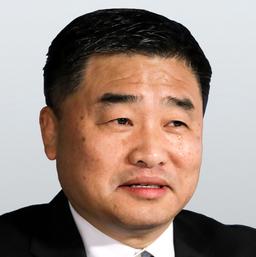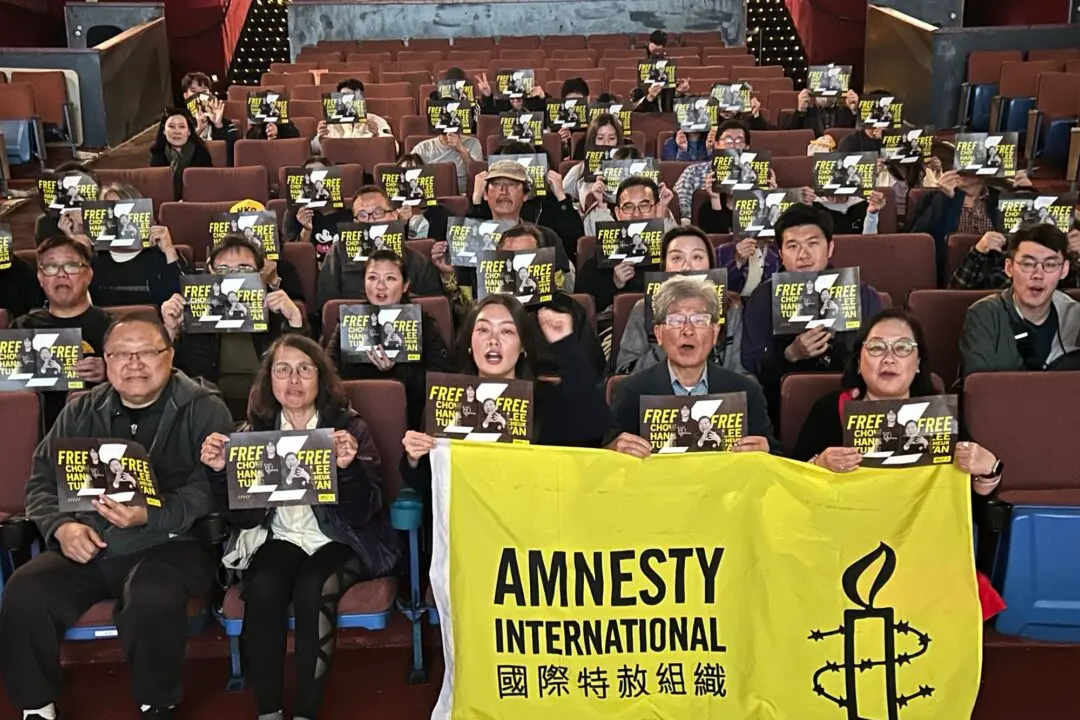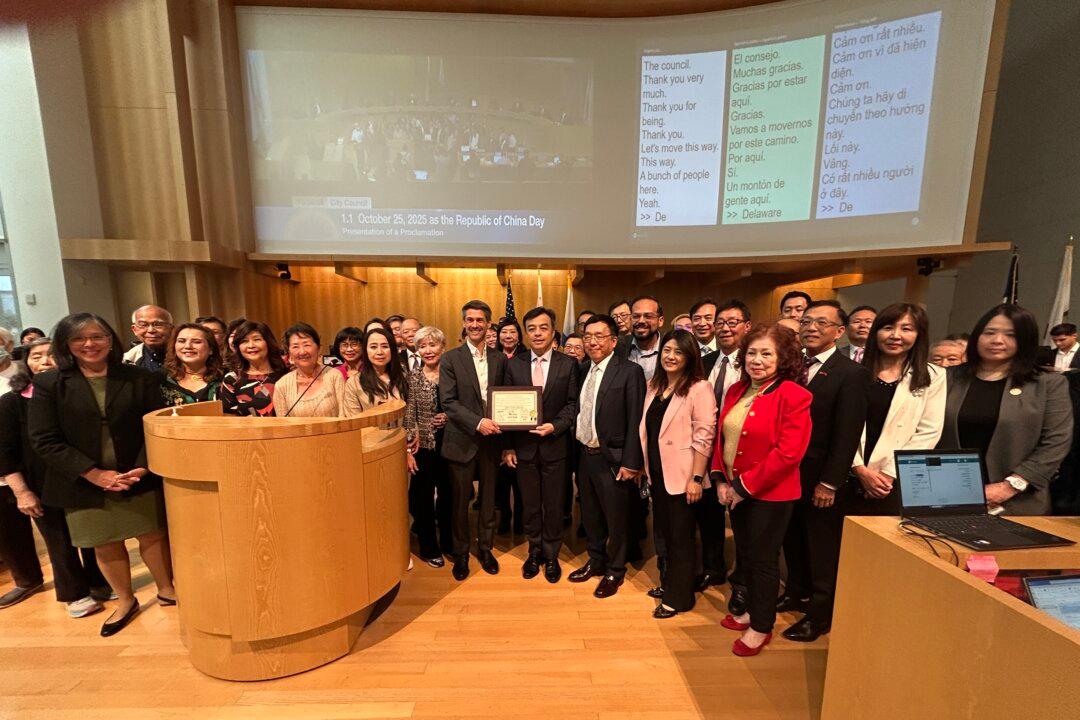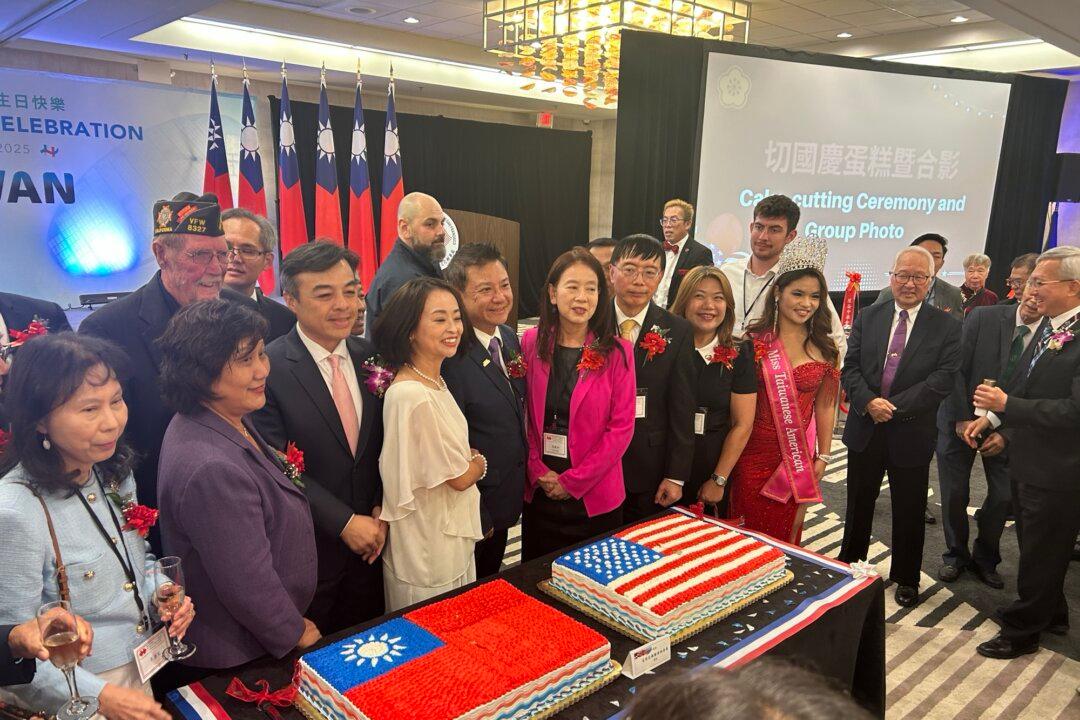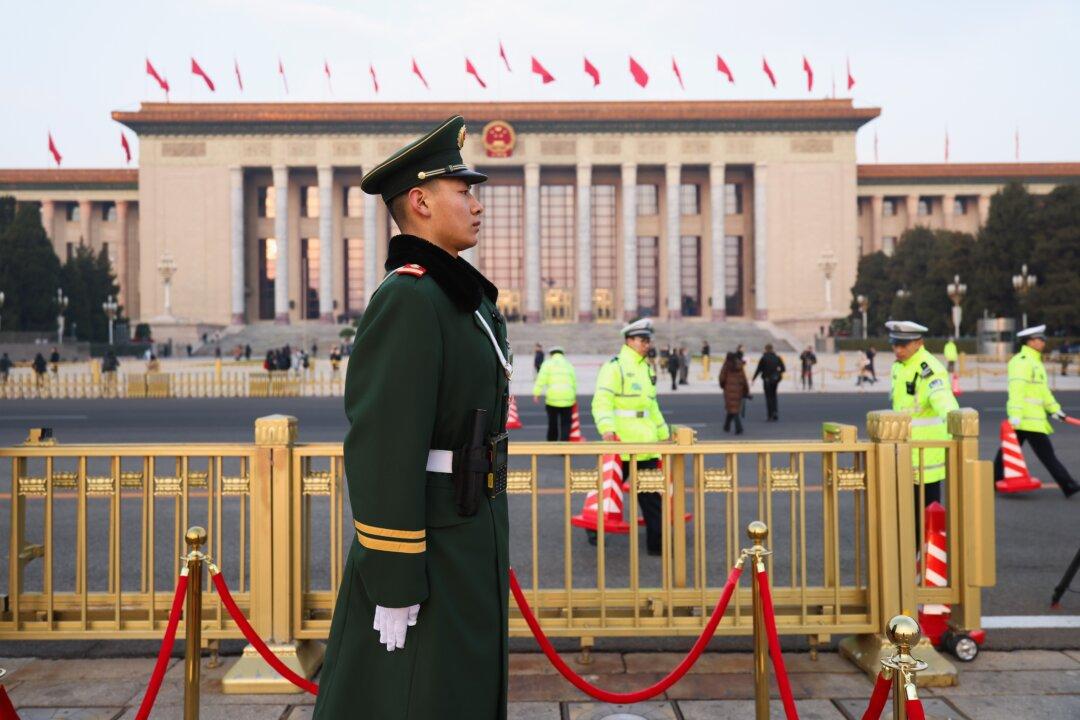News analysis
Amid the COVID-19 pandemic, Taiwan’s request to attend this year’s U.N. General Assembly bears extra weight to world leaders: Taiwan is one of the few nations successfully dealing with the current health crisis, while the Chinese regime has been criticized by many countries for covering up information in the early stages of the pandemic.
